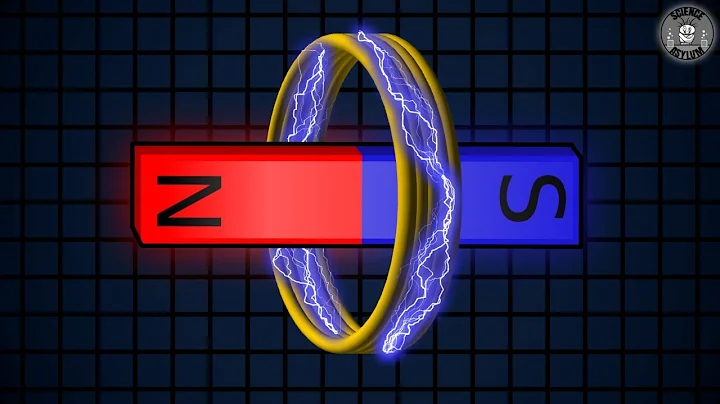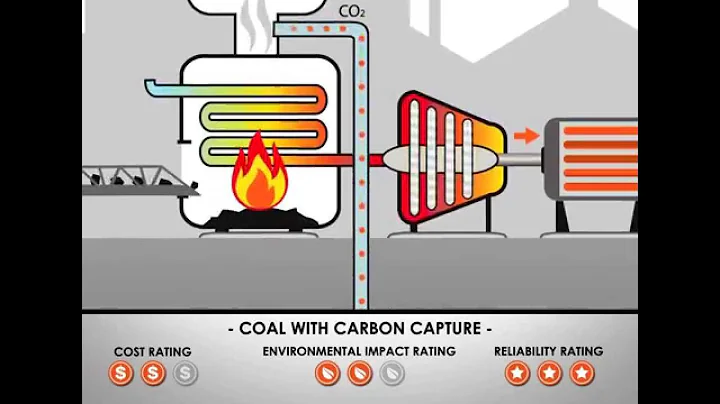battery refers to a cup, tank or other container or part of a composite container that contains electrolyte solution and metal electrodes to generate electric current. It is a device that can convert chemical energy into electrical energy. It has positive and negative poles. With the advancement of technology, batteries generally refer to small devices that can generate electricity. Such as solar cell . The performance parameters of the battery mainly include electromotive force , capacity, specific energy and resistance.
uses the battery as the energy source, which can obtain stable voltage, stable current, stable power supply for a long time, and little influence from the outside world. The battery structure is simple, easy to carry, and the charging and discharging operation is simple and easy, and is not affected by the external climate and temperature. The impact is stable and reliable, and it plays a great role in all aspects of modern social life.
Battery memory effect refers to the reversible failure of the battery, that is, the performance that can be restored after battery failure. The memory effect means that the battery automatically maintains this specific tendency after enduring a specific working cycle for a long time. This was first defined in Nickel Cadmium batteries , nickel-cadmium bag batteries do not have a memory effect, sintered batteries have a memory effect, and current nickel metal hydrogen (commonly known as nickel metal hydride ) batteries are not bound by this memory effect definition. 
Due to the improvement of modern nickel-cadmium battery technology, the above-mentioned memory effect has been greatly reduced, and another phenomenon has replaced this definition, which is the " lattice ization" of nickel-based batteries. Usually, nickel-cadmium batteries are affected by The combined impact of these two effects, while nickel-metal hydride batteries are only affected by the "lattice" memory effect, and the impact is smaller than that of nickel-cadmium batteries.
Nickel-cadmium battery, when the nickel-cadmium battery has been discharged and charged repeatedly to maintain a low capacity for several times, if a larger amount of discharge is required, the battery will not function. This situation is called the "memory effect". Memory effect is probably the most misunderstood issue in NiCd batteries.





















